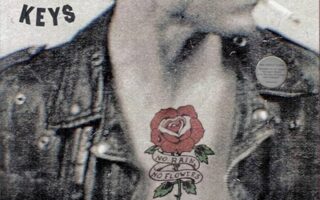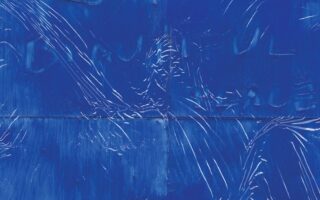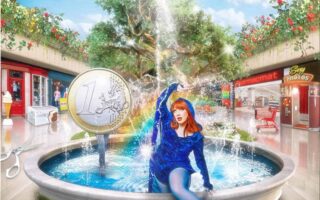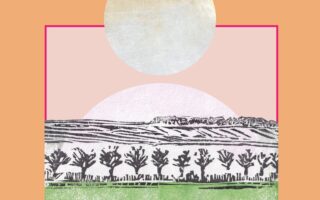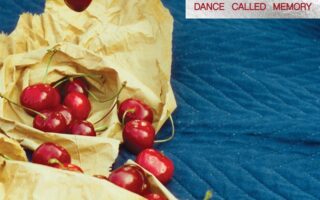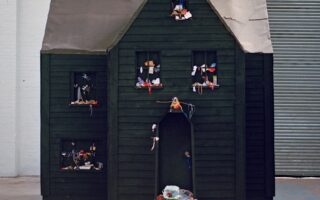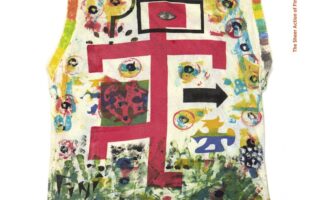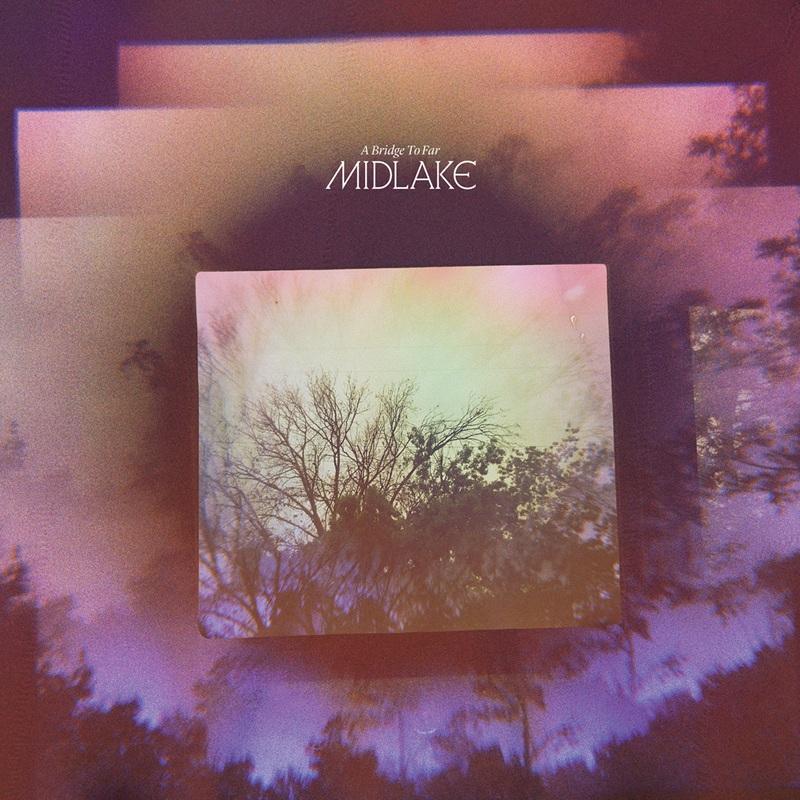

It’s been an ostensibly serene journey, but even for Midlake the darkening meta was bound at some point to pervade their bubble.
Sometimes things just stand out.
When Midlake’s Roscoe emerged in 2006 its erudite, pastoral and seventies leaning motifs were in direct contrast to the cheekbones, kohl eyes and scenester vacuousness of the contemporary mainstream.
Released the same year, its host album The Trials of Van Occupanther proved to be that rarest of
things in the MP3 era: a sleeper hit.
The quintet from the Texan university town of Denton made for unlikely rock stars (singer Tim Smith claimed to have never listened to contemporary music at all), but despite being so remarkably out of step they’ve subsequently outlasted many of their would-be peers.
Smith left in 2012 during the recording of Midlake’s fourth album Antiphon, to be replaced in the role by Eric Pulido.
Since then it’s been an ostensibly serene journey to match their mood-soaked, velvet-clad music, but even for this band the darkening meta was bound at some point to pervade their bubble.
In part to gain enough common understanding to bring another record into this turbulent world, Pulido has admitted there was a pause for serious reflection:
“I wrote (the album’s first single) The Ghouls after a conversation within our camp about everyone’s respective goals.”
“The temptation to demonize the realities or challenges that exist and yet to face them head on and create something extraordinary.”
That term is a subjective one, but certainly by Midlake’s usually understated precepts it’s a song with a greater sense of intent and more overtly rock dynamics than much of their canon.
If, as his statement suggests, this is a musical embodiment of cleared air and regathered mutual purpose, it’s undoubtedly one with energy and vigour at the centre.
Recorded at Austin’s The Echo Lab Studio with producer Sam Evian (Big Thief), A Bridge To Far also features contributions from Madison Cunningham, Hannah Cohen and Meg Lui, the latter having worked with Sufjan Stevens on 2023’s Javelin.
Pulido has also described the sessions what made it as, ‘Effortless and authentic’, a description of harmony rarely used by most artists, but if ever a record embodied those qualities then this might be it.
Opener Days Gone By quickly touches base with their Laurel Canyon, Crosby, Stills & Nash aesthetic, a trilling flute adding to the contented haze, a vibe which even a cinematic key change fails to prise it from.
One of A Bridge To Far’s easily lost qualities lies in embracing big ideas amongst the calm; The Calling for instance, according to the singer, attempts to explore the eternal dilemmas we feel – “About the inner push and pull between resisting and accepting what you’re meant to do” – with here the addition of a horn section bolstering their palette, adding urgency and a certain tension.
These bared teeth are equally a factor at play in Eyes Full Of Animal, relative shades of dissonance offering another side of Midlake’s personality not often seen.
But whilst claims of greater or lesser subtlety here are subjective, the divine harp introduction and ensuing lean funk of Make Haste are gentler caresses, resulting in a song which encourages the listener to do the opposite to what the title suggests.
Standing out for the sake of it is not something that Midlake it seems are particularly interested in; and if A Bridge To Far (the reference to aspiration and possibility is not a typo) goes less against the tide of a fuzzier world now than they did two decades ago, then so be it.
Some after all pose difference as a question whilst some, like Midlake, just are.



